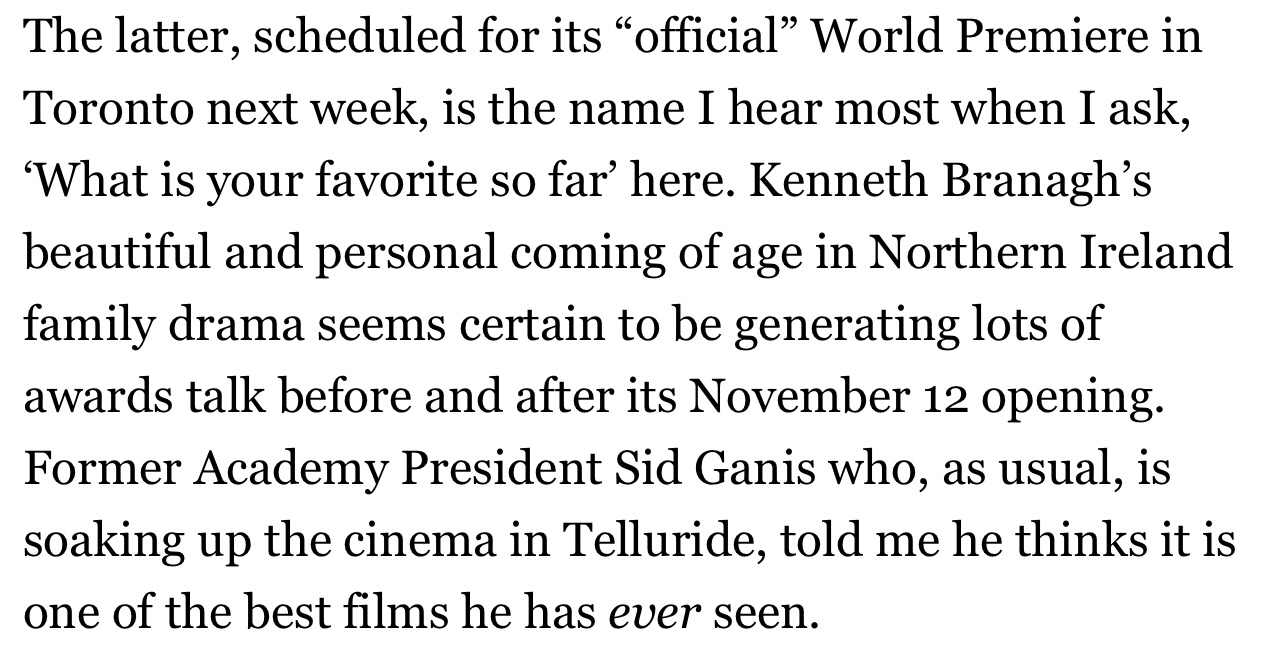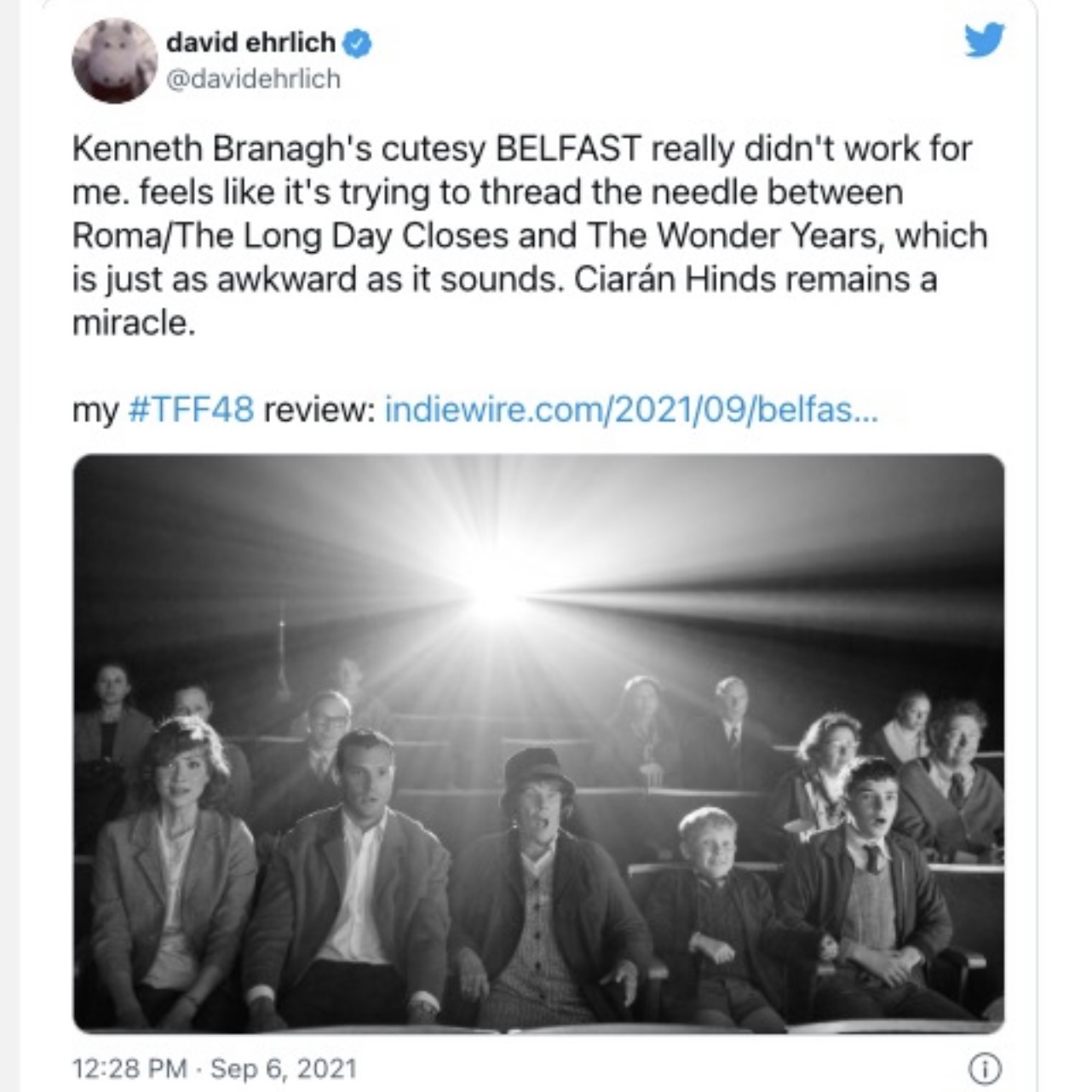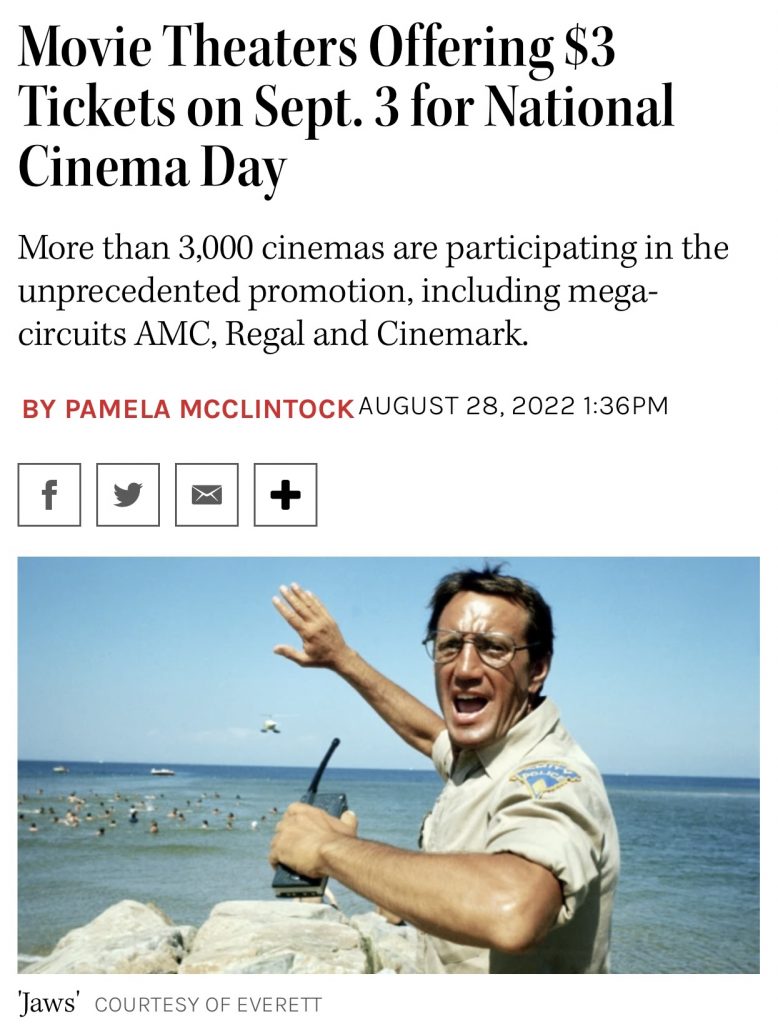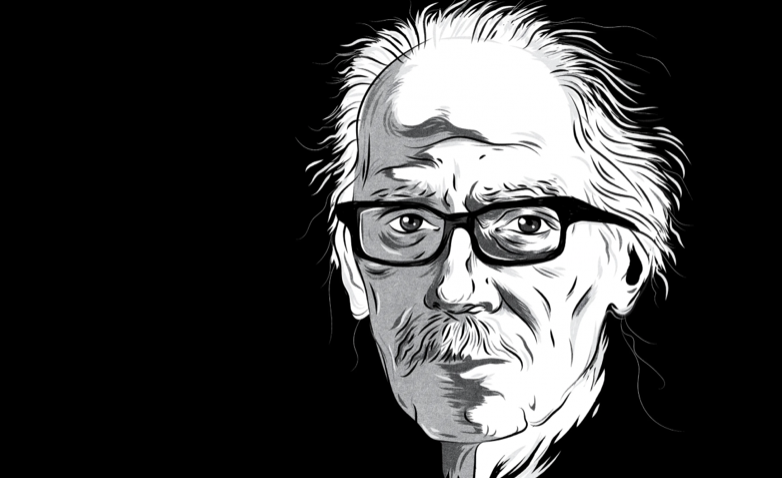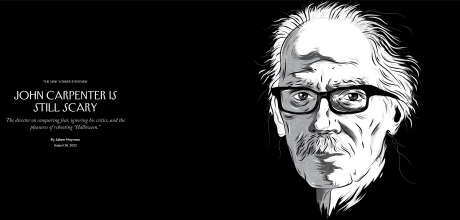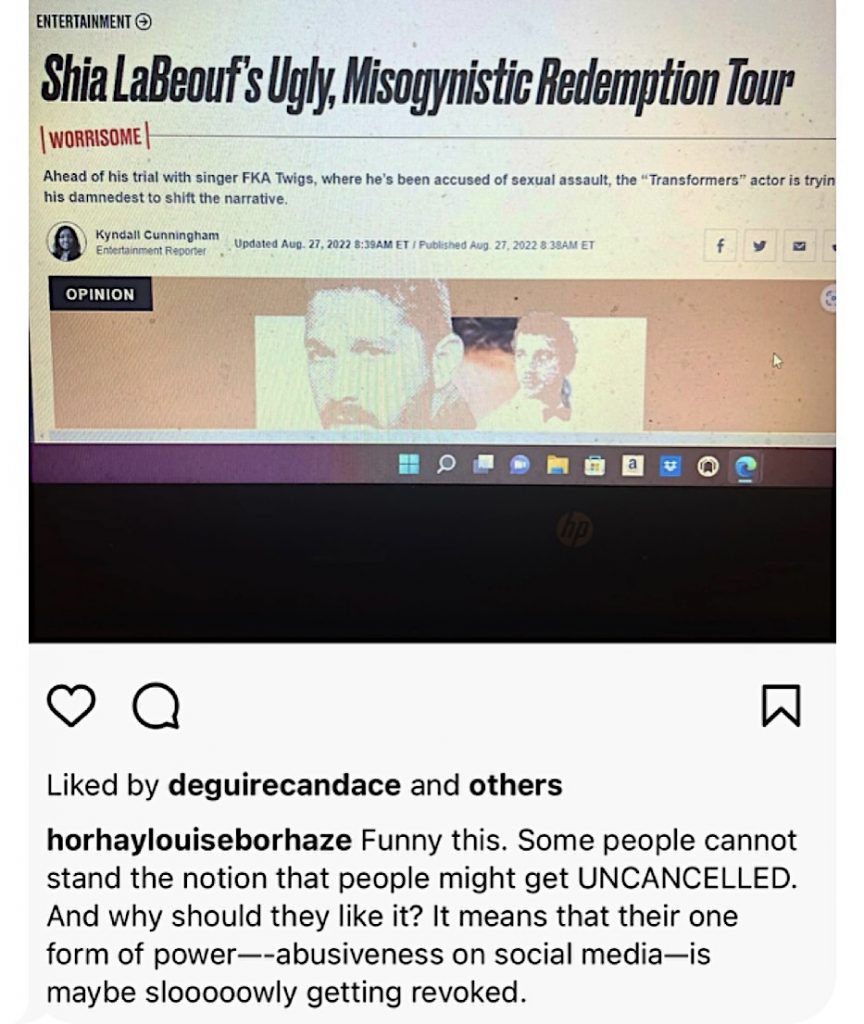It is presumed that producer Sid Ganis will attend the 2022 Telluride Film Festival, and what would this elite Rocky Mountain festival be without him? But take what Sid may or may not say next weekend with a grain of salt. Just saying.
If Sid happens to choose a favorite Telluride film and if he happens to pass along his enthusiasm to Deadline‘s Pete Hammond, just remember what he said last year about Kenneth Branagh‘s Belfast. Branagh remembers, I can tell you, because Ganis calling it “one of the best films I’ve ever seen” almost surely torpedoed its chances as a Best Picture contender.
Because a significant percentage of Academy members went to see Belfast, expecting something phenomenal if not earthshaking, and they emerged two hours later muttering to themselves, “I don’t get it…Sid said this was one of the best ever…it’s okay in spots and the blonde kid was cute and we all like Van Morrison, but really?”
From “Matter of Personal Honor,” posted on 9.6.21:
Pretty much all of your sharper, tougher Telluride critics have problems with Kenneth Branagh’s Belfast. And yet the more obliging middle-of-the-road types (critics, columnists and industry folk alike) have oddly fallen for it.
You can’t grab people by the lapels and order them to have a sense of taste about such matters. If someone likes Belfast or finds it Oscar-worthy, okay — shrug and throw your hands up. But when someone says Belfast is “one of the best films [they’ve] ever seen,” all kinds of crazy reactions come to mind. Because it’s fair, I believe, to compare Belfast’s family dynamic with that of Fred Savage and The Wonder Years, as IndieWire’s David Ehrlich did today.
Either you’re the type who can tolerate or, God forbid, embrace cloying emotionalism, or you aren’t..
From a 9.5 Deadline column by Pete Hammond:
